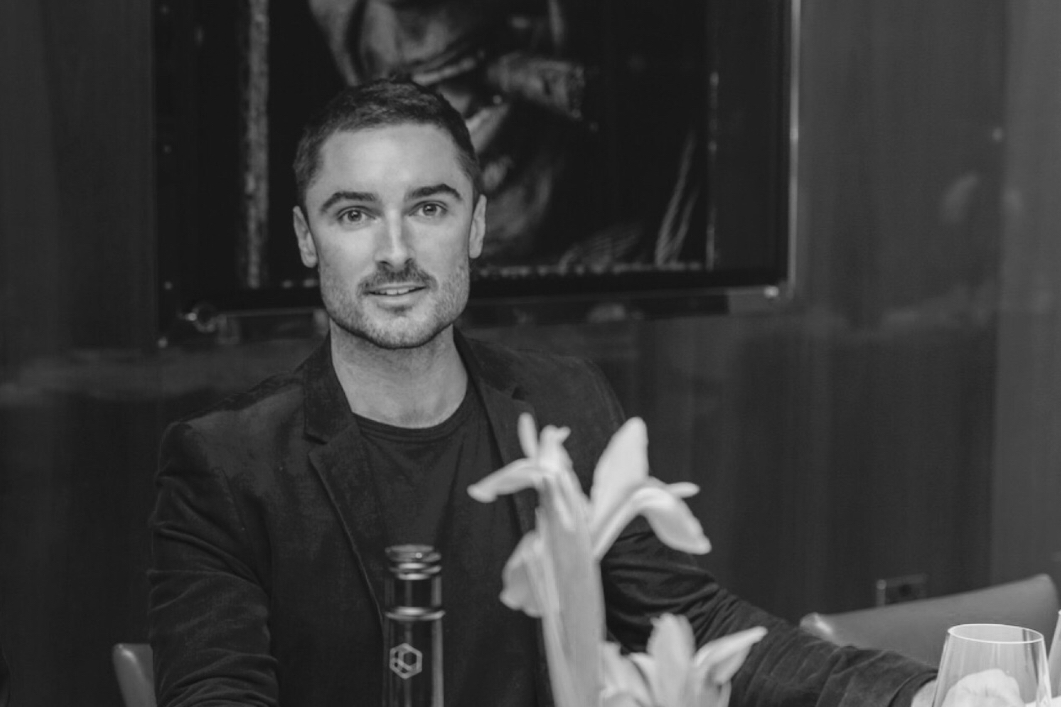Though most people might not link angels and alcohol, angel investment in the alcohol industry can be a bird of a different feather, according to angel investor Matthew Iovane. As a partner at Heavensake, a Junmai brand of sake, he’s not only breaking the myths about how alcohol should be consumed but has also navigated the troubled waters often faced by individuals investing in the alcohol industry.
Growing up between Europe and the US has given Matthew Iovane a multicultural experience. In contrast, his experience in the alcohol industry has allowed him to speak out about some of the many myths that could be preventing most individuals from getting the best pairing, flavor, or experience out of their beverages.
Matthew Iovane‘s Take on Angel Investment in the Alcohol Industry
Startups in the alcohol industry were able to bring in $100 million in 2014, which can seem like a small amount compared to the food industry’s $800 million for the same year. However, it represents the promise of an industry long shunted to the side of propriety, which is now coming into its own. The popularity of local vineyards, microbreweries, and small commercial distillers has grown significantly over the past several years as Gen X and Millennials start to find their preferences in alcohol, looking for a more personal, localized, carefully crafted approach in many situations.
But how much an impact do they have? It’s estimated that the craft beer industry now dominates 23.6% of the US retail beer market, showing a sharp change from just a few years ago when mega brewers like Coors, Busch, and Miller oversaw the vast majority of retail sales. Even venture capital funds have been set up to invest in a range of alcohol-based startups. But the way that many of these businesses become established is through an angel investor, someone who has an interest in the industry and disposable income, providing a business with flexibility and great terms, generally providing funding up to around $200,000, after which point companies must turn to venture capitalists.
C London Restaurant and Heavensake Partnership Under Matthew Iovane
One example of how this type of investment is growing is the partnership that has been formed between the C London restaurant located in Mayfair with Heavensake Saki brand, providing London food and beverage aficionados a series of sake pairings to combine authentic Italian flavors with different sake expressions, leaning heavily on the Junmai Ginjo and the Junmai Daigingo. The unique amino acids in sake provide umami, a “fifth taste” brought out in protein-rich foods such as meats and cheeses.
Partnerships such as these provide angel investors with more investment opportunities as smaller brands become more widely known. As the brand grows in popularity, so does the brand’s profitability in many cases, making the opportunity a promising option for many investors. Though you might expect that this rate of growth would have slowed down during the COVID-19 pandemic, many alcohol companies and their investors simply saw a shift from in-person or in-house sales to pick up, delivery and shipping sales.
Companies such as Austin-based Sourced Craft Cocktails have seen exponential growth. Already accustomed to 70-100% increases in sales year-over-year, the company was suddenly inundated with orders following the stay-at-home orders of the COVID-19 pandemic, moving to a three-digit growth factor that made it difficult to keep up. Though they had to figure out ways to work around the laws governing shipping alcohol to different states, the pandemic pushed the entire industry forward by many years, with some experts estimating as long as a decade.
Finding angel investors in the alcohol industry isn’t as difficult as in the past. Still, having a solid grip of how the industry works, what restrictions will need to be worked around, the right partners for the job and a solid grasp of the craft involved plays a substantial part in how successful a microbrewery, vineyard, or distillery may be. These factors will also play a strong role in how readily angel investors will come aboard for these investments.
This is a Contributor Post. Opinions expressed here are opinions of the Contributor. Influencive does not endorse or review brands mentioned; does not and cannot investigate relationships with brands, products, and people mentioned and is up to the Contributor to disclose. Contributors, amongst other accounts and articles may be professional fee-based.

